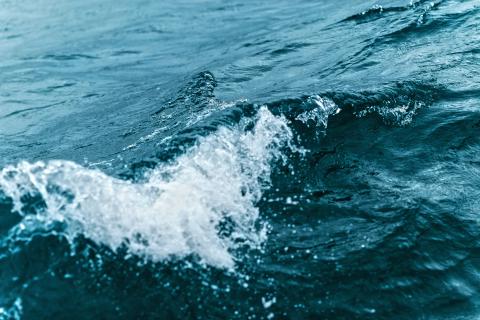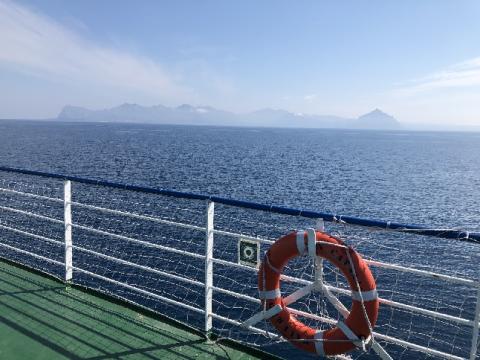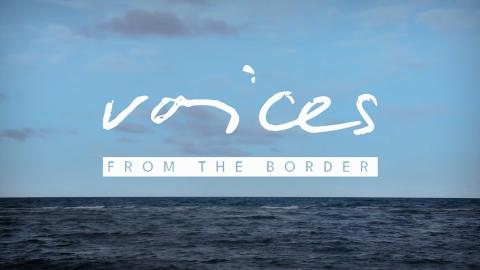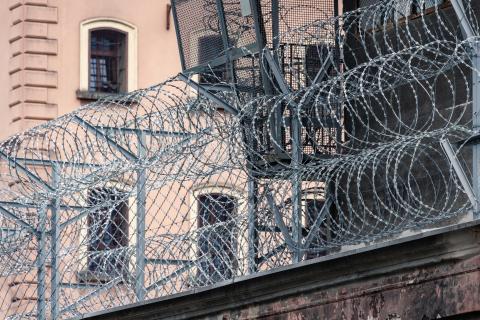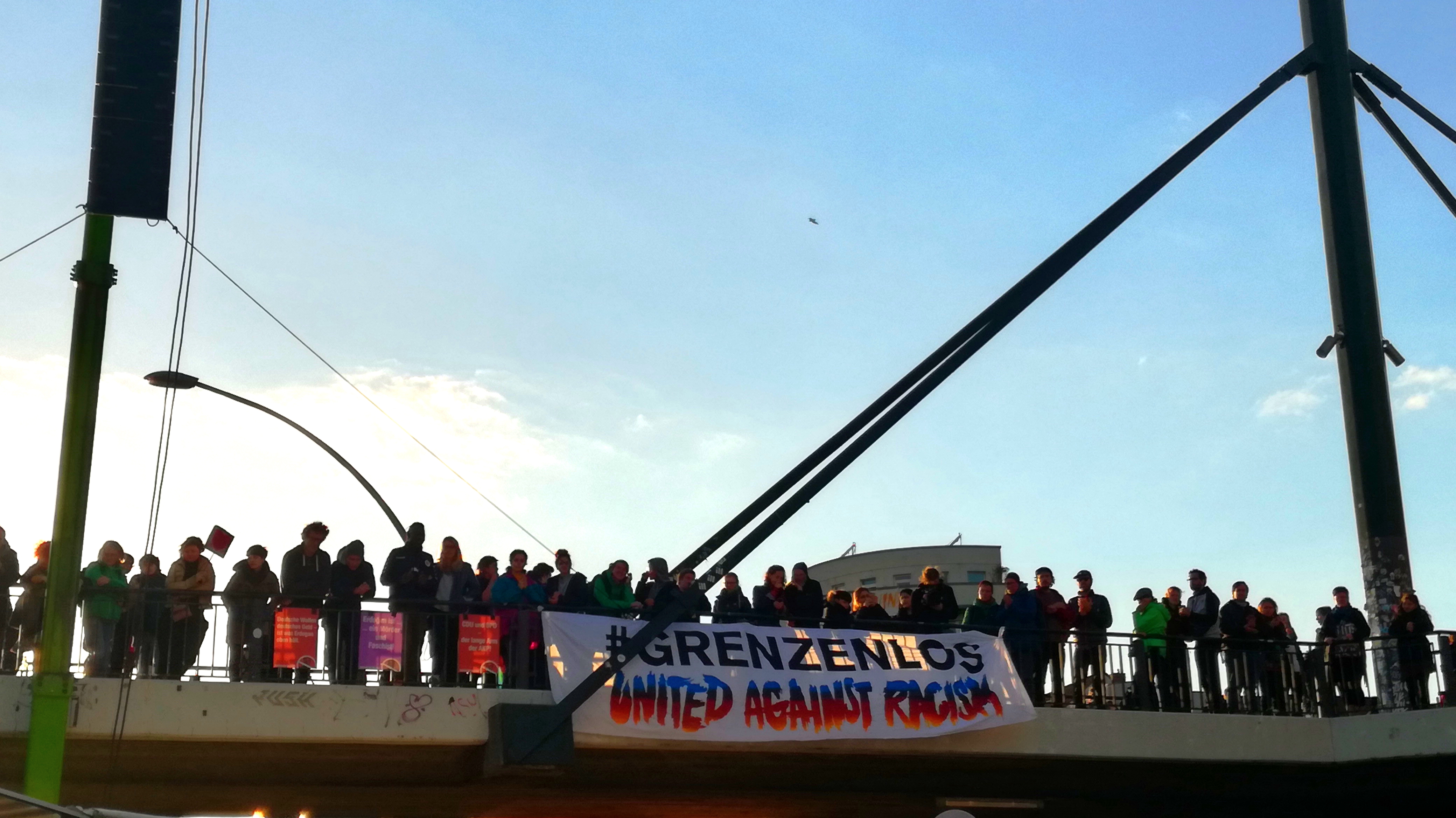
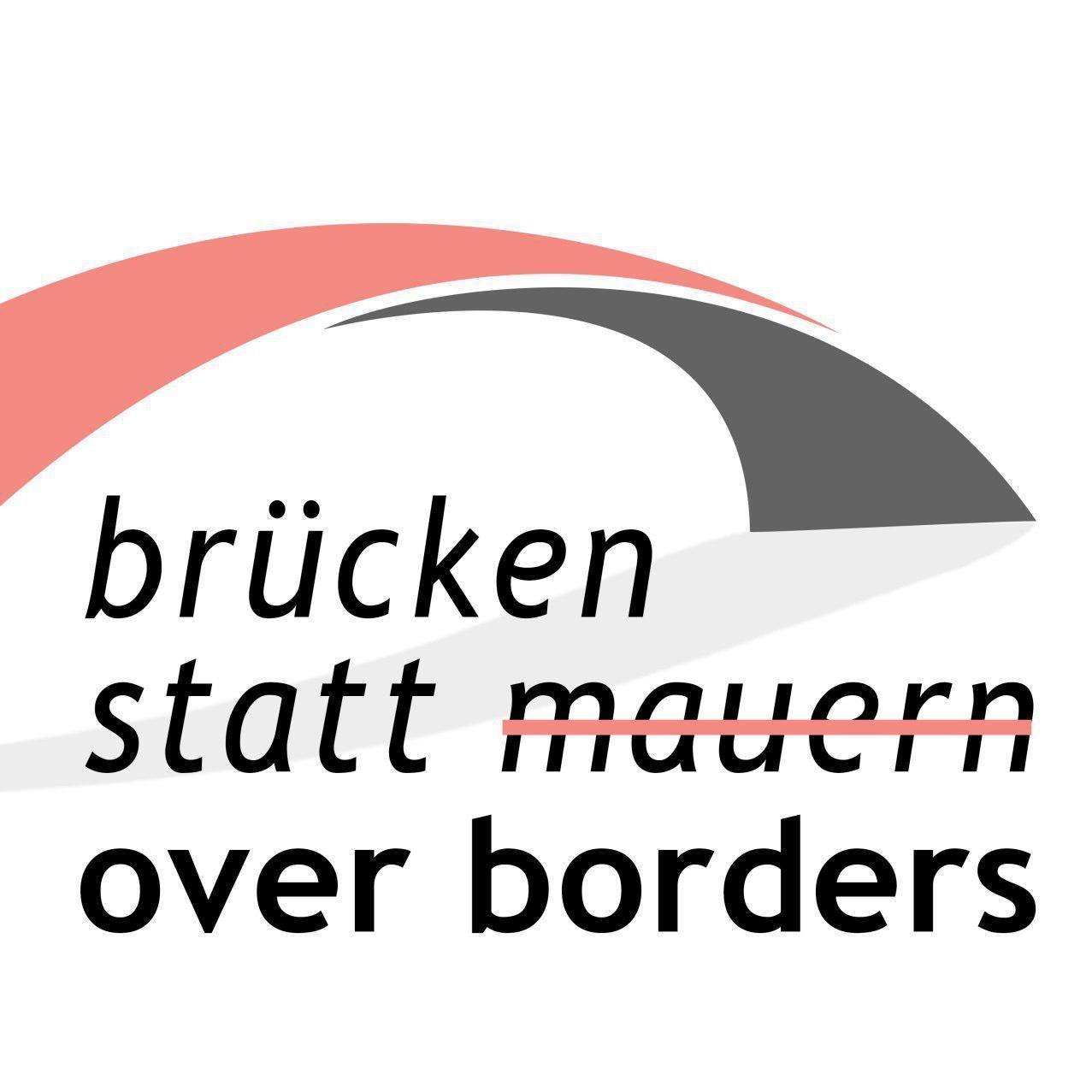
Bridges instead of walls – strategies against the stigmatisation of refugees
The aim of the project 'Bridges instead of walls – strategies against the stigmatisation of refugees' is to engage against discrimination based on origin and to stand together in solidarity. The project is realised in the period from October 2017 to March 2019 in cooperation of the partners Borderline Sicilia in Italy, Asyl in Not in Austria and borderline-europe e.V. in Germany. Also, Borderline Lesvos is involved in the project work to a smaller extent.
During the summer of 2015, European civil society welcomed displaced persons with impressive expressions of compassion and solidarity. By now, the so-called 'welcoming culture' has been replaced by a racist public discourse. Right-wing populist groups, demonstrations and violent actions contribute to creating a climate of resentment and anxiety. On the one hand, hateful messages are used to construct a picture of the dangerous 'stranger'. On the other hand, this sentiment leads to an actual threat of physical assault and racial hostility towards people who are perceived as belonging to an 'other'community. The BsM project aims to oppose these discourses of hatred and fear with a different perspective and to inform about the actual living conditions of people with flight experience. Therefore, the organizations involved work closely with local migrant groups and neighborhood initiatives that do anti-discrimination work.
The representation of migrants and refugees in public media is one of the main focuses of borderline-europe in this project. It will be critically examined to what extent the current reporting on people with flight experience contributes to racism and violence. Furthermore, we are aiming to improve the accessibility of issues such as everyday racism, institutionalized racism and freedom of movement for the general civil society.
All participating organisations will conduct three to four events respectively in Italy, in Austria and in Germany. The topics mentioned above will be adressed in the form of film screenings, discussion forums and workshops. Each organization will focus on the local context of their respective country, for example by addressing the situation of arrivals and accommodation of refugees in Italy. In Germany as well as in Austria, the negative portrayal of refugees in the public media plays a major role. In the course of the project, short video clips will be produced showing interviews and excerpts of the events. Our branch office borderline-lesvos was founded in cooperation with people and organizations on the Greek island of Lesbos. The two projects Proti Stassi and Support Center Mosaic enable a regular contact with refugees and locals whose perspective will be included in the project. The short videos and documentation produced during BsM project may be used for further anti-discrimination work.
Our videoclip of the event 'Perspectives on deportation - What does safety mean to you?' is online. Check it out!
In our Youtube playlist you can also find all episodes of our online campaign 'Migration Love Stories'.
Our video series ‘Migration Love Stories’ portrays friendships which evolved because one or both friends were moving from one place to the other. Thereby, it does not matter whether the migration story is one of many kilometers of travel across continents or one moving from Madrid to London. What matters is that two persons were able to meet and enrich each other’s lives.
In december 2018 we organised a film tour of the movie “Moria 35” in several cities in Germany, completed by a final screening and podium discussion in Berlin
The case of Moria 35 is paradigmatic for the ongoing criminalization and stigmatization of refugees on the Greek islands since the conclusion of the EU-Turkey Declaration. The goal of the event was to show the situation in Greece through the movie screening “Moria 35”: Greece, Lesbos, 2017: For months, refugees have been protesting the inhumane living conditions in the Moria camp. On 18 June, a peaceful sit-down strike comes to a violent end. The police storm the refugee camp and brutally arrests 35 men. For nine months, they have to wait in prison before being put in front of the court, even though there is no evidence against them. "As far as I understand, I was only arrested because I am black," concludes Didier Ndiay from Senegal.
At the beginning of the film, there was a brief introduction about the situation of refugees since the deal between the EU and Turkey in March 2016. The film was followed by an open discussion with director Fridoon Joinda, who himself lived as a refugee on Lesbos and has made numerous films about the situation on the island. Together with producer Valeria Hänsel, who is part of the organisation Bordermonitoring.EU and the network for critical migration and border regime studies on Lesbos, the lively discussion with the audience reflected on human rights violations through stigmatization and criminalization of refugees at the EU’s external borders.
To read all background information on the case of the Moria 35, please click here.
A 30 min version of the movie can be found here.
'Bridges instead of walls – strategies against the stigmatisation of refugees' is funded by the 'Europe for Citizens' programme of the European Commission.
Current information on events and activities of the project can be found on our common Over Borders Facebook page.

